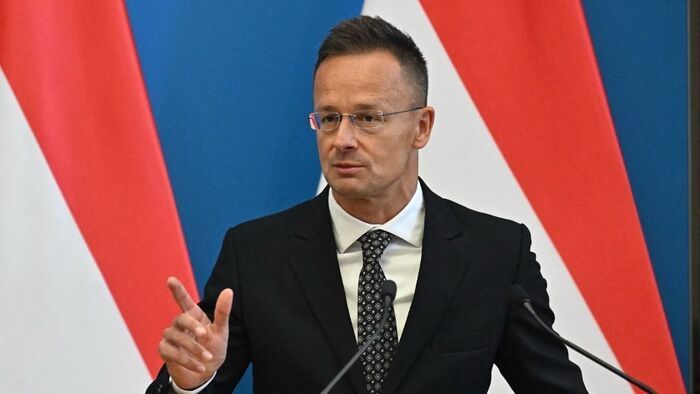Czechia - A regular election for the Chamber of Deputies, the lower chamber of the Czech Parliament, was held on October 8–9. The results are interesting for several reasons. The Prime Minister´s movement lost its dominance, being defeated by a right-wing opposition coalition. The difference between these two actors was the narrowest ever (0.67 per cent). Traditional left-wing parties – the Social Democratic Party and the Communist Party – suffered a crushing defeat, gaining no mandates for the first time in history. Besides this the Pirate Party, which was expected to take the office of Prime Minister a few months ago, lost 18 seats. The election was also atypical for its relatively high voter turnout (the highest since 1998) and for having the largest number of votes for the losing candidates. Altogether, virtually 48 per cent of citizens did not win the political representative of their choosing.
The October parliamentary election has brought several unexpected results and unprecedented phenomena. Despite recent predictions, the opposition succeeded, gaining a majority of seats in the lower chamber.[1] The difference between the former so-called democratic opposition and the Prime Minister's ANO movement, which has been a hegemonic political force in recent years, is big. The 2021 election will therefore probably result in a completely different government coalition. This will also be the case because the two other left-wing parties that were either de iure or de facto members of the ruling coalition between 2017 and 2021 failed, and lost all their mandates in the Chamber of Deputies.
Shortcomings of the electoral system
The lower chamber is going to be composed of four actors: the ANO movement (72 seats), the SPOLU (71 seats), the PirSTAN (37 seats), and the SPD (20 seats). At first glance, it may seem a more transparent, constructive, and stable composition, since only four actors have won mandates. Certainly, it would be a positive move forward, as the Chamber of Deputies thus far has suffered from excessive fragmentation, undermining the stability of governance. It is typical of the Czech system that the government is formed by at least three actors,which hardly makes effective governance possible. Compromises have become the essential feature and conditio sine qua non of political life, leading to the public's long-term dissatisfaction as well as that of the politicians themselves. The point is that no party is able to fulfil its programme, because they are forced to make substantial concessions to other political actors needed for the very establishment of the government. This reasoning is not aimed against the democratic or parliamentary system, but to shed light on one of the most serious problems of Czech post-socialist politics. There are tools and methods for making the system more stable and beneficial for the people, as in for instance weakening the electoral system’s proportional representation principle in favour of plurality voting.
| Subject | Votes | Percentage | Seats |
| SPOLU | 1.493.905 | 27.79% | 71 |
| ANO | 1.458.140 | 27.12% | 72 |
| PirSTAN | 839.776 | 15.62% | 37 |
| SPD | 513.910 | 9.56% | 20 |



















Szóljon hozzá!
Jelenleg csak a hozzászólások egy kis részét látja. Hozzászóláshoz és a további kommentek megtekintéséhez lépjen be, vagy regisztráljon!